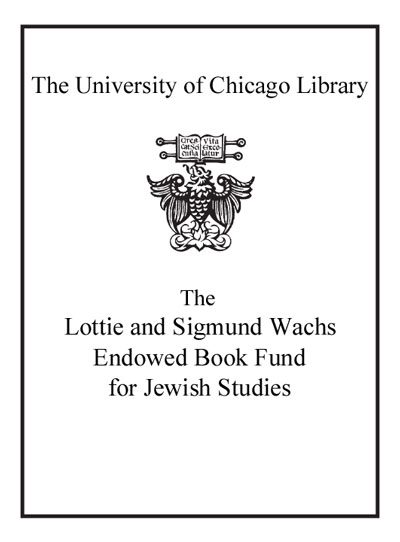Review by Choice Review
This slim volume is an avowed feminist history of the Holocaust, focused on the value and need for a gendered approach to researching and writing about the suffering of European Jews condemned by the Nazi Germans to persecution, ghetto imprisonment, forced labor, starvation, exploitation in concentration camps and forced labor camps, mass murder by mobile killing units and their local henchmen, and the annihilation of millions of Jews at designated death camps. All of these facets of the "final solution" can and should be understood in light of a gendered approach to the primary sources, especially the testimonies of survivors. Waxman (Oxford Centre for Hebrew and Jewish Studies) demands recognition of the inherently patriarchal, male-dominated aspects of human societies and the abusive treatment of women within all human societies. The Germans focused on destroying Jewish women, who could be the progenitors of new generations of Jews. The author cites data from a wide variety of primary sources, with particular emphasis on testimonies and memoirs by Jewish women survivors whose voices might be ignored or downplayed in traditional, patriarchal historiography. While this is not the ultimate work on Jewish women in the Holocaust, it concisely points the way. Summing Up: Highly recommended. All levels/libraries. --Robert Moses Shapiro, Brooklyn College
Copyright American Library Association, used with permission.
Review by Choice Review

